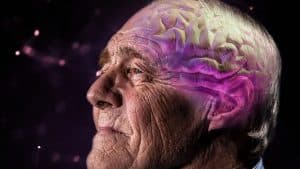Depression is a very real mental health condition that affects around 40 million US adults, according to the Anxiety and Depression Association of America (https://adaa.org/about-adaa/press-room/facts-statistics). If you’re dealing with depression or have a loved one who is, you are certainly not alone by any means, my friends.
Unfortunately, folks, I have to say there are some very real and harmful myths floating around about depression right now. These myths can discourage people from seeking help when they need it and affect the perceptions of depression in general, so it’s important to know the truth.
Depression is just in someone’s head.
A person who is depressed can’t just “shake it off.” This is a real biological, social and psychological disorder that is chronic and requires treatment. Since the general public tends to only see the emotional side of this condition, they also often don’t realize that it causes physical issues, too.
Depression only appears after trauma
A tragic life event, like the death of a loved one, triggers emptiness, sadness ad loneliness in everyone. However, someone who has depression often experiences these types of feelings more often and for a longer period of times. On its own, a trauma does not cause depression–in just heightens an existing issue in someone who already has depression.
Depression is only managed with medication
Medication is just one type of treatment. There are others, including therapy, that may help people with depression.
Depression is just part of life
A person with depression does not have to just deal with it alone–help is available and management is possible. It’s also not a typical part of the aging process.
Depression is always inherited
There is some genetic component in depression, but research has shown it’s quite slight. Around 10 to 15 percent of people who are related to someone with depression will also develop the condition.
Depression is the same experience for everyone
People with depression may have some physical differences in their brains when compared to someone without depression. Naturally, these differences don’t play out identically in every person’s brain. The brain changes and changes in hormones can impact mood severity, depressive thoughts and the associated physical issues.
If you have depression or suspect a loved one is suffering from it, speak to a medical professional immediately. Today, there are more options than ever to treat and manage this condition.




